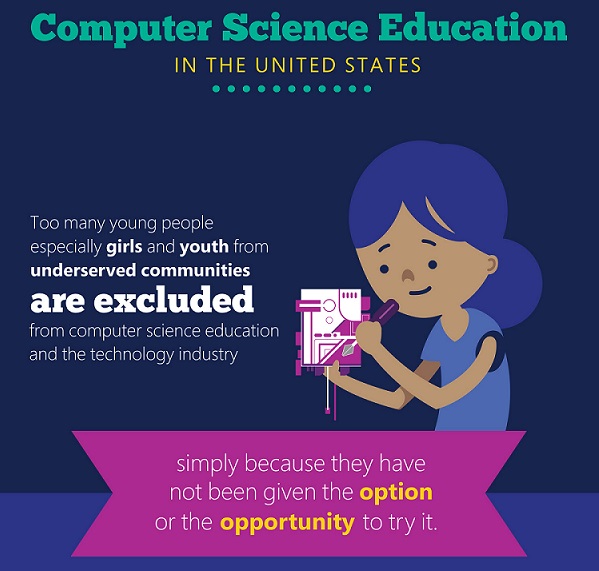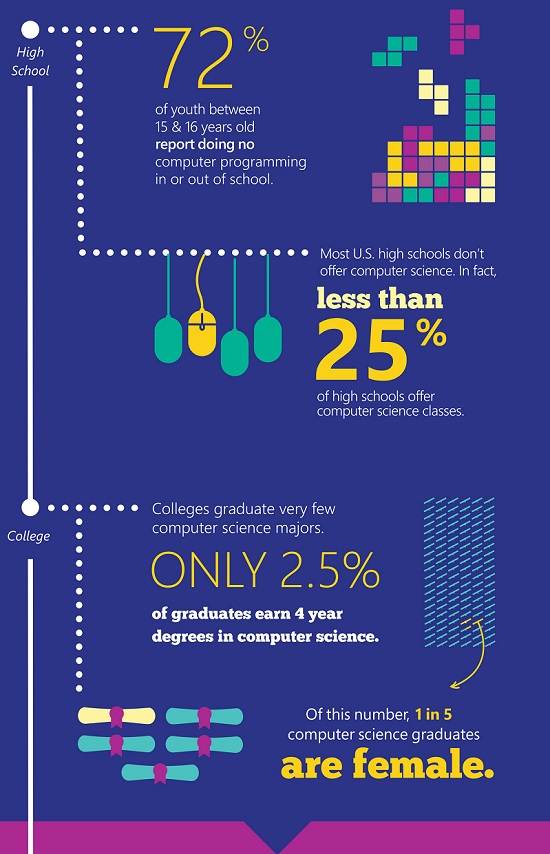
April 20, 2016; The Next Web
Microsoft announced yesterday that they would be giving out YouthSpark grants to 100 nonprofit partners in 55 countries to expand computer science education across the globe. The company first announced the launch of its YouthSpark program in 2012, and the $75 million initiative aims to give young people access to learn computing skills and computer science to increase digital education opportunities for students.
Microsoft Philanthropies Director Yvonne Thomas explained how the nonprofit partnerships were chosen:
Sign up for our free newsletters
Subscribe to NPQ's newsletters to have our top stories delivered directly to your inbox.
By signing up, you agree to our privacy policy and terms of use, and to receive messages from NPQ and our partners.
Partnerships with organizations that have the same mission we do are how we can add the most value, so we looked for organizations—like Laboratoria, CoderDojo and City Year—that know how to work well with kids, have a background in technology skills training, and understand the importance of computer science in preparing young people for a whole range of careers.

Later this month, Microsoft will be rounding up these nonprofit partners for a YouthSpark Summit at the Microsoft campus in Redmond, where they will discuss action plans for implementing their goals to expand digital literacy globally.
It’s no secret that the technology industry has been struggling with diversity, which Microsoft points out in the graphic above, and this initiative aims to work towards filling that gap by creating more equal opportunities to excel in STEM fields. But NPQ has also been raising concerns about how tech billionaires and their companies are starting to control a lot of million-dollar philanthropic initiatives and how damaging this could be to how money is distributed. Will implementing more computer programming courses take away from other educational opportunities in schools, such as programs for the arts? As more mega-companies like Google and Microsoft create their own philanthropic branches, should we be concerned about their personal agendas as they continue to distribute massive philanthropic dollars and grants?—Aine Creedon












